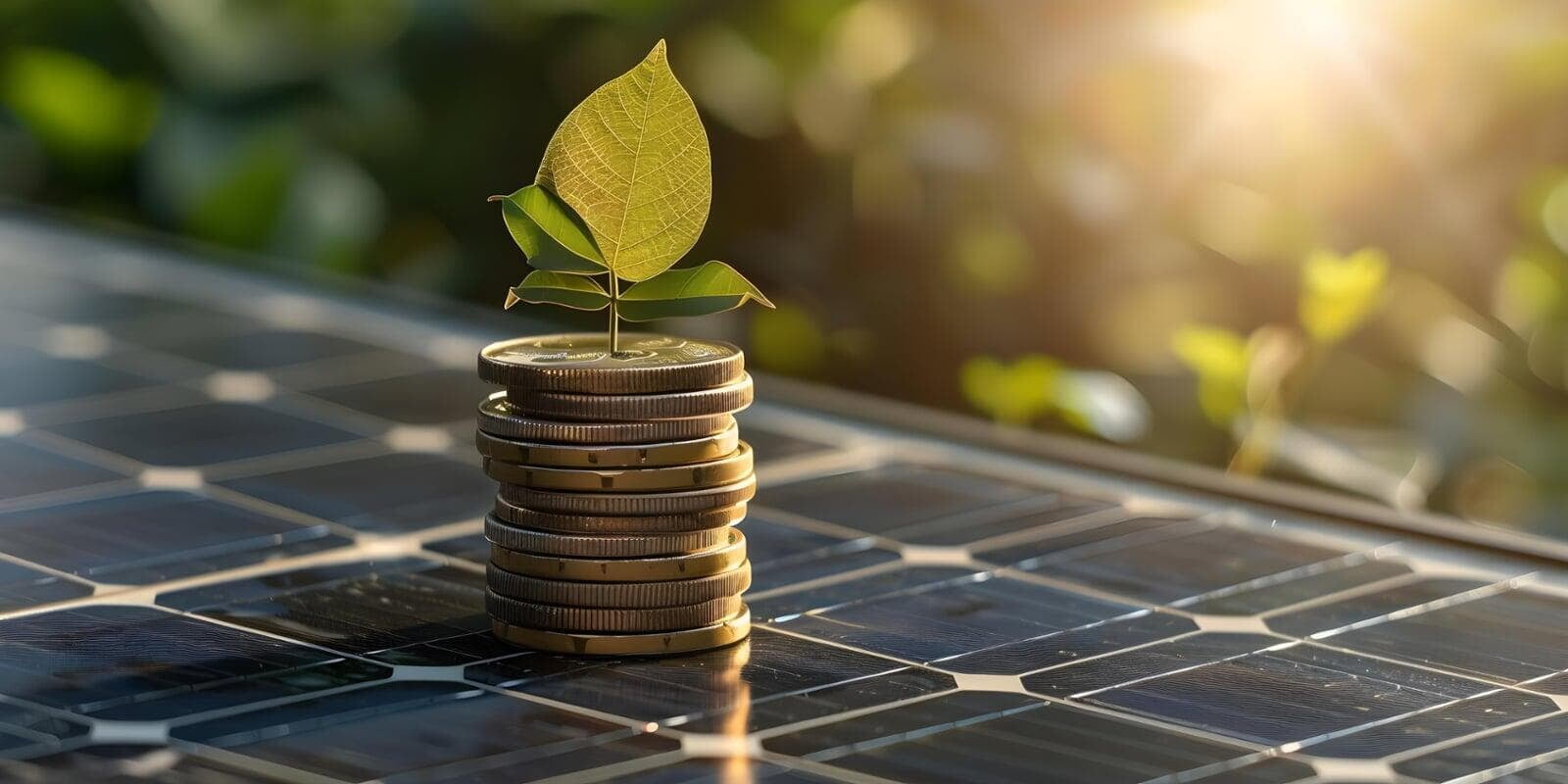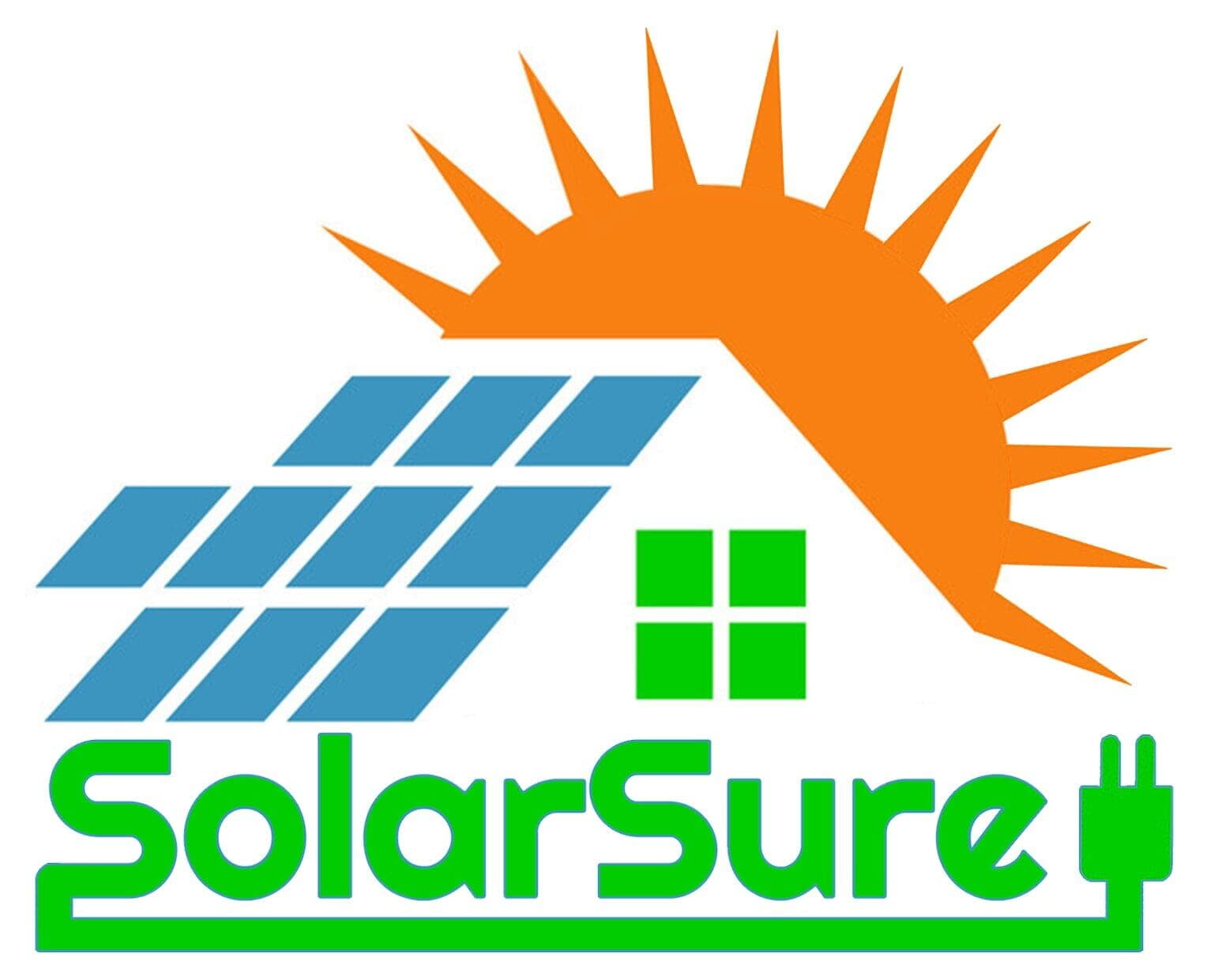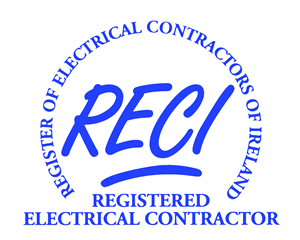On the fence about Solar? A guide to investing in the solar revolution
On the fence about Solar? A guide to investing in the solar revolution

21st July 2024
In this guide, we’ll delve into why choosing to invest in solar panels could be a smart move for you.
The Irish Government has set an ambitious goal: by 2030, 80% of the nation’s electricity should be generated from renewable sources. Currently, about 45% of our electricity comes from renewable energy, with wind power being the dominant source.
However, 2022 brought a renewed focus on solar energy, especially after the European Commission introduced the Solar Rooftop initiative, which mandates the installation of solar panels on all new buildings.
With this shift in focus, now is an opportune time to weigh the advantages of solar panels and consider if they are a suitable choice for your home.
But before we explore the specifics, let’s take a closer look at the current landscape of solar energy in Ireland and beyond.
The ongoing climate crisis, potential electricity shortages, and Europe’s reliance on Russian energy supplies have led the European Commission to implement the REPowerEU plan.
This plan includes several key initiatives. First of all, there is the EU Solar Strategy, which is aiming to double solar photovoltaic (PV) capacity by 2025 and achieve 600GW by 2030. Second, is the Solar Rooftop Initiative, which is introducing a phased legal requirement for solar panel installations on new public, commercial, and residential buildings, to cut down on gas-powered electricity and heating in homes. Last of all, there is the promotion of solar thermal energy: To modernize district and communal heating systems across the EU.
These initiatives are designed to encourage EU member states to use available funding and create programs to support rooftop solar panel installations, with a target of equipping all suitable public buildings with solar energy by 2025.
The EU Commission’s strategy clearly shows that the future of energy lies in the widespread adoption of solar panels on both public and private buildings.
So, the key question is: if not now, when will solar panels become a common feature in households?
Ireland’s renewable energy sector has been rapidly expanding, with significant investments in solar farms throughout 2022 and into 2023.
In 2022, Amarenco, a renewable energy producer, teamed up with Bord Gáis Energy to develop eight solar farms in Cork. Meanwhile, Harmony Solar Meath Ltd received planning approval to build a 300-acre solar farm in Meath. AIB partnered with the renewable energy group NTR to secure up to 80% of its future electricity needs from two solar farms being constructed by NTR in Wexford in 2023. In January 2023, Irish developer Power Capital Renewable Energy secured €100 million from European financiers to support local and international solar projects, with the potential for an additional €140 million in funding.
Luckily, the drive to reduce Ireland’s carbon footprint through solar panels is not just a priority for large corporations.
The general public can also play a crucial role in tackling climate change and energy shortages by generating their own electricity with solar panels.
Currently, 50,000 homes in Ireland have already installed solar panels, with 17,000 new solar systems connected to the grid in 2022.
However, according to Dr. Paul Deane, Senior Research Scientist in Clean Energy at University College Cork, up to 1 million rooftops in Ireland could be fitted with solar panels. So, if you’re searching for a way to contribute to environmental protection, installing solar panels on your home is an excellent approach. Plus, you’ll generate free electricity along the way!
As planning permission for solar panels has been streamlined and their benefits become more widely understood, many households are now finding themselves on waiting lists due to the surge in demand for solar panel installers.
There are two main types of solar panels available:
- Solar photovoltaic (PV) panels: These convert sunlight into usable electricity.
- Solar thermal (ST) panels: These harness sunlight to heat water for your home.
Considering Ireland’s climate, you might wonder if solar panels are a worthwhile investment, even without consistent daily sunshine.
The answer is a resounding yes.
In Ireland, 75% of the energy generated from a solar PV system is produced between May and September, aligning with our climate.
However, this does not mean solar panels are unsuitable for Irish weather—they are perfectly capable. Solar panels do not require constant sunshine to function effectively.
According to Alternative Energy Ireland, a medium-sized PV system can generate approximately 3,000 units (kWh) of electricity annually, which is sufficient to cover around 70% of the average household’s yearly electricity needs in Ireland.
On the other hand, solar thermal panels are designed to heat enough water to meet 50-60% of a household’s annual hot water requirements. It’s estimated that installing a three-square-meter solar thermal panel can reduce your electricity consumption for hot water by 1,500 kWh each year.
By installing solar panels, you can harness the sun’s energy, decrease your reliance on fossil fuels, and help protect the environment by reducing greenhouse gas emissions associated with burning coal, gas, and oil.
If you’re still on the fence about investing in solar panels, try using the SEAI’s free solar electricity calculator to estimate how much you could save on your electricity bill and when you’ll see a return on your investment.
In the last decade, the cost of manufacturing solar photovoltaic panels has dropped by approximately 80%, making them significantly more affordable.
Additionally, in May 2023, the Government reduced VAT on the supply and installation of solar panels to zero. This reduction could lower installation costs by nearly €1,000, provided that suppliers pass the VAT savings on to customers. However, since suppliers are not obligated to do so, Dr. Paul Deane advises obtaining at least three quotes from different suppliers before proceeding with installation.
Moreover, solar panels offer several advantages:
- High durability: They typically come with a 20-year warranty.
- Ease of installation: With few moving parts, installation is straightforward, though it still needs to be handled by a professional.
- Low maintenance: According to the Sustainable Energy Authority of Ireland (SEAI), you’ll only need to monitor their performance occasionally.
For more details on purchasing solar panels, check out our podcast episode on solar panels and micro-generation featuring Dr. Paul Deane.
The cost of installing solar panels in your home varies based on the number of panels you choose and the company you select.
For instance, installing six or seven panels on your roof could start at around €3,500. In older buildings, this cost might be double.
To make this valuable but long-term investment more accessible and to encourage households to embrace renewable energy, the SEAI offers grants to all homeowners, including landlords, whose homes were built and occupied before 2021 (as determined by the installation date of your electricity meter). This differs from other grant programs, where the home must be built before 2011.
As of 2024, the SEAI offers grants of up to €1,200 for installing solar water heating systems and up to €2,100 for Solar PV panels.
Additionally, grants of up to €162,500 are available for businesses, public organizations, and community groups looking to install solar PV panels on their buildings.
To learn more about these grants, be sure to check out our guide on SEAI’s financing options.
The Government’s Micro-generation Support Scheme allows you to sell any excess electricity your solar panels produce back to the grid for a profit.
According to Eamonn Ryan, the Minister for Environment, Climate, and Communications, this scheme aims to create opportunities for Irish people to invest in renewable technologies that will help in "shaping electricity demand and decarbonizing homes and businesses."
This scheme ensures that homes, businesses, schools, and farms can receive a fair price at a "competitive market rate" for the excess electricity they generate and sell. You can discover the different rates electricity suppliers will pay for your excess electricity in our micro-generation explainer guide or our micro-generation podcast with Dr. Paul Deane.
By participating in this scheme, you also contribute to making renewable energy more accessible to other Irish consumers, reducing their dependence on fossil fuels and on electricity from providers who charge high prices.
If you are still on the fence about installing solar panels on your home, hoppefully this article has made it a decision worth serious consideration and also a decision to move to solar!




